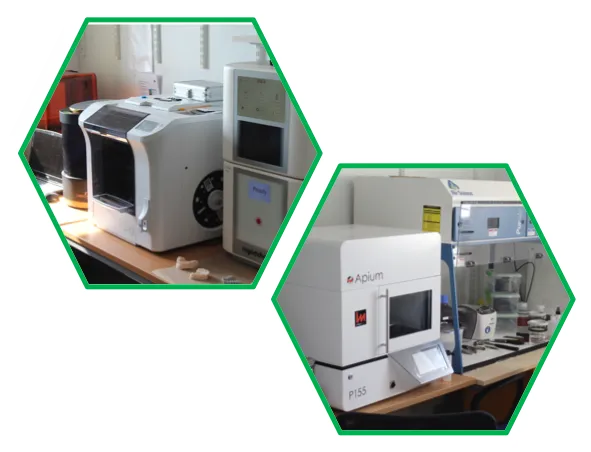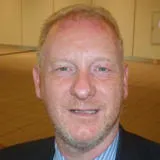The Academic Centre of Reconstructive Science (ARCS) is nationally and internationally recognised as a Centre of Excellence for Maxillofacial and Craniofacial Rehabilitation.
Our clinic and research seek to reconstruct or regenerate cranio-facial structures missing due to cancer or congenital defects aiming to mitigate and, in the future eliminate the burden of facial disfigurement in affected people.

Group lead
Contact us
Dr Trevor Coward
Head of the Academic Centre of Reconstructive Science
Reader /Hon Consultant in Maxillofacial & Craniofacial Rehabilitation
Guy's Tower Wing
Guy's Hospital

